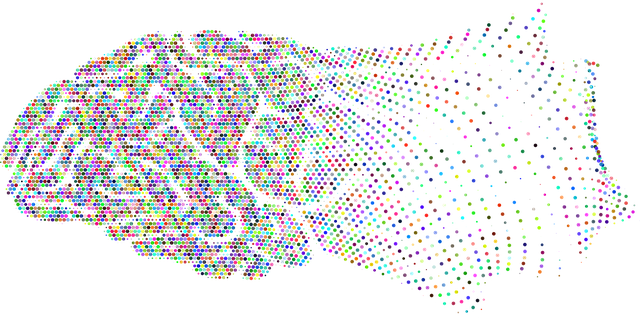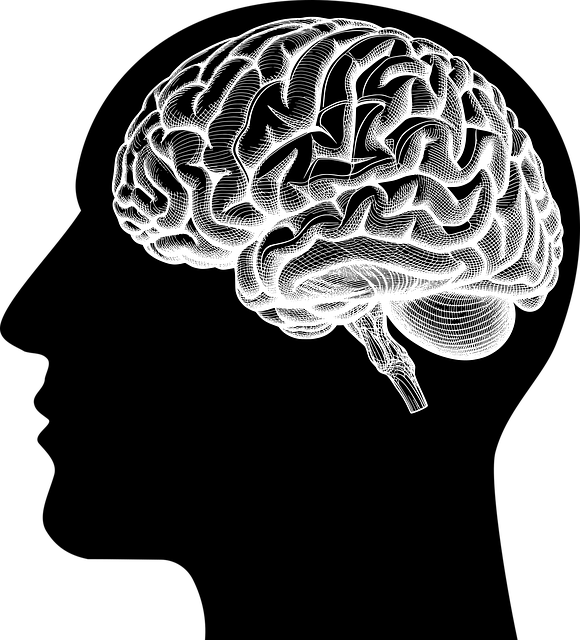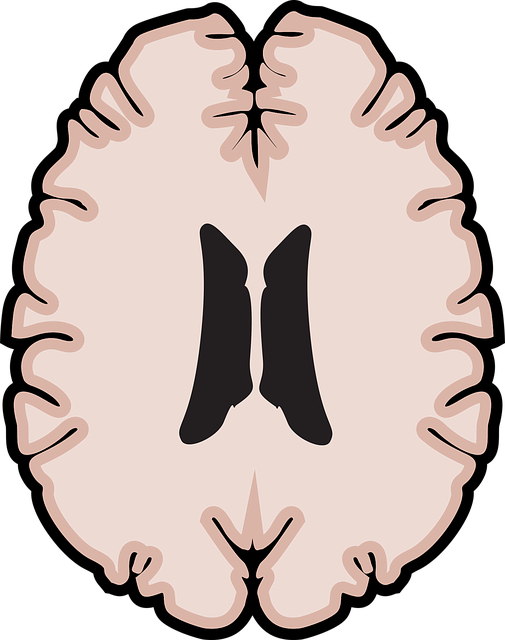The text emphasizes the significant impact of stigma on mental health, particularly for children who have experienced trauma. It highlights the role of education and awareness campaigns in combating this stigma, as well as the importance of initiatives like Risk Management Planning, Stress Management Workshops, and Coping Skills Development programs. Lakewood Child Abuse Therapy (LCAT) is praised for its holistic approach, combining counseling, group therapy, community outreach, and tailored communication strategies to reduce stigma and encourage open conversations about mental health. Through partnerships with local organizations and the Mental Wellness Podcast Series, LCAT fosters empathy, promotes early intervention, and builds support systems in the community.
Mental illness stigma remains a significant barrier to seeking treatment, impacting millions globally. This article delves into comprehensive strategies aimed at reducing this pervasive social issue. We explore the far-reaching consequences of mental health stigma and its effect on individuals’ well-being. Through case studies like Lakewood Child Abuse Therapy, we highlight successful initiatives. Education, communication, community engagement, and advocacy are crucial tools to challenge stigma and foster a more supportive society for those facing mental illness.
- Understanding Stigma and Its Impact on Mental Health
- The Role of Education in Breaking Down Stigma
- Lakewood Child Abuse Therapy: A Case Study in Stigma Reduction
- Effective Communication Strategies to Challenge Stigma
- Community Engagement and Advocacy for Mental Illness Visibility
Understanding Stigma and Its Impact on Mental Health

Stigma surrounding mental illness can have a profound impact on an individual’s well-being and willingness to seek help. It often manifests as negative attitudes, stereotypes, and beliefs that discourage open conversations about mental health struggles. This societal stigma can lead to individuals feeling isolated, ashamed, and embarrassed, which may prevent them from accessing the support and treatment they desperately need. For children who have experienced trauma or abuse, such as those supported by Lakewood Child Abuse Therapy, stigma can further complicate their journey towards healing. They might internalize these negative perceptions, believing they are inherently flawed or unworthy of help, hindering their progress in therapy and overall mental health recovery.
Reducing the stigma associated with mental illness is crucial for creating a supportive environment where individuals feel comfortable discussing their struggles openly. This involves education, awareness campaigns, and initiatives like Risk Management Planning for Mental Health Professionals that emphasize understanding and empathy rather than judgment. Organizations can play a pivotal role in this process by hosting Stress Management Workshops and Coping Skills Development programs to empower individuals with knowledge about mental health and coping mechanisms, thereby fostering a more inclusive and supportive community.
The Role of Education in Breaking Down Stigma

Education plays a pivotal role in breaking down the stigma surrounding mental illness. By integrating mental health literacy into academic curricula and community programs, we can foster a more compassionate and informed society. Lakewood Child Abuse Therapy, for instance, has been at the forefront of these efforts, offering valuable resources such as Stress Management Workshops Organization and Self-Awareness Exercises to both students and adults. These initiatives aim to demystify mental health issues, encouraging open conversations and reducing fear or judgment.
Through educational outreach, individuals can gain a deeper understanding of mental illness, its causes, and effective treatment options. This knowledge empowers them to provide emotional support to peers and loved ones, creating a network of care. Furthermore, trauma-informed approaches, similar to those offered by Trauma Support Services, teach coping mechanisms and resilience, helping individuals navigate life’s challenges with greater ease. By combining education with accessible support services, we can significantly contribute to reducing the stigma associated with mental health concerns.
Lakewood Child Abuse Therapy: A Case Study in Stigma Reduction

Lakewood Child Abuse Therapy (LCAT) stands as a beacon of hope and a powerful case study in stigma reduction for mental health issues, particularly within communities grappling with trauma. This innovative program has carved out a unique niche by focusing on both the victims and perpetrators of child abuse, employing therapeutic approaches that foster understanding and empathy rather than judgment.
Through comprehensive services that include individual counseling, group therapy sessions, and community outreach programs, LCAT breaks down barriers and promotes healing. Their tailored communication strategies target not just the individuals affected but also their families and the wider community. By equipping both clients and healthcare providers with effective stress management techniques, LCAT ensures a supportive environment where everyone feels heard, validated, and empowered to seek help without fear of stigma. This holistic approach has significantly contributed to reducing the negative perceptions surrounding mental illness in the region, paving the way for more open conversations and increased access to care.
Effective Communication Strategies to Challenge Stigma

Effective communication plays a pivotal role in challenging the deeply ingrained stigma surrounding mental illness, especially within communities like Lakewood where child abuse therapy services are essential. By incorporating evidence-based strategies, individuals and organizations can foster more empathetic dialogues that dispel myths and promote understanding. One powerful tool is storytelling, where personal narratives from those who have experienced mental health struggles offer a humanizing perspective, reminding others that these conditions affect people from all walks of life.
Additionally, leveraging media platforms, including the Mental Wellness Podcast Series Production, can help normalize conversations around mental health. Well-designed Mental Health Education Programs that target schools, workplaces, and community centers equip individuals with accurate information to combat misconceptions. Encouraging open discussions and promoting Self-Care Practices as preventive measures further contributes to a culture where seeking support for mental wellness is normalized, rather than stigmatized.
Community Engagement and Advocacy for Mental Illness Visibility

Community engagement plays a pivotal role in reducing the stigma surrounding mental illness. By bringing awareness to mental health issues and fostering open conversations, communities can humanize experiences that are often misunderstood. Lakewood Child Abuse Therapy, for instance, has been at the forefront of these efforts through collaborative initiatives with local schools, community centers, and faith-based organizations. These partnerships aim to educate folks about various mental health conditions, promote early intervention, and encourage support systems within the community.
Advocacy, in this context, means using one’s voice to amplify stories of mental illness recovery and resilience. This can be achieved through various mediums such as the popular Mental Wellness Podcast Series Production, which provides a platform for individuals to share their journeys. By sharing personal narratives, people can challenge stereotypes and reduce fear or judgment associated with seeking help. Additionally, Self-Awareness Exercises are valuable tools that encourage individuals to reflect on their thoughts and emotions, thereby fostering empathy within communities and promoting mental wellness.
Mental illness stigma reduction is a multifaceted effort that requires education, effective communication, and community engagement. By understanding the impact of stigma and implementing strategies like those seen in the case study of Lakewood Child Abuse Therapy, we can foster a more inclusive society. Advocacy and visibility are key to challenging outdated perceptions, ensuring individuals affected by mental health issues receive the support and care they need without fear of judgment or discrimination.











